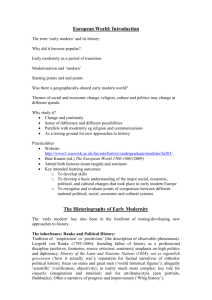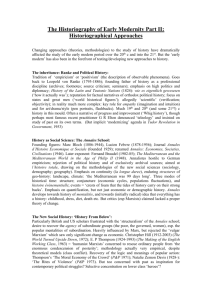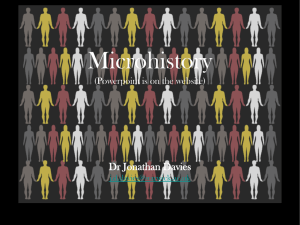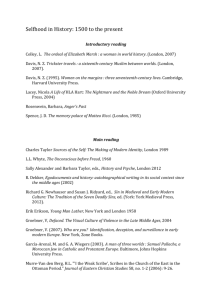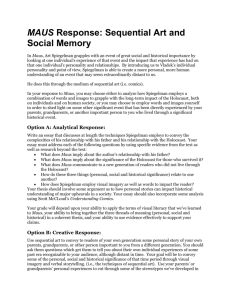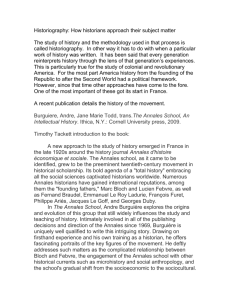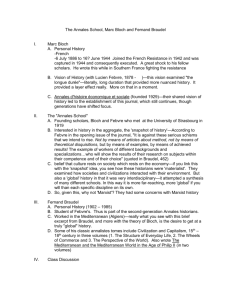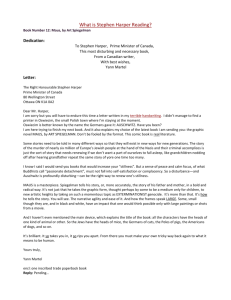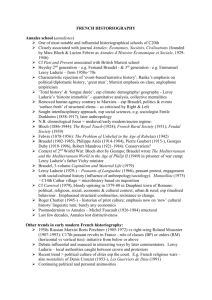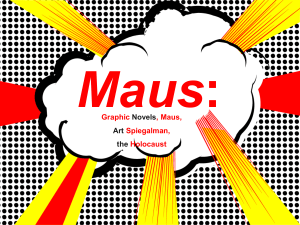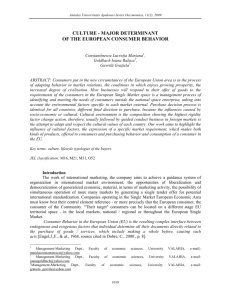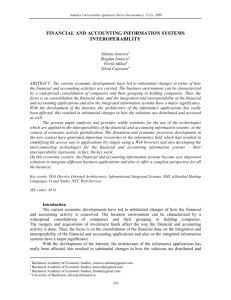Junior Colloquium
advertisement
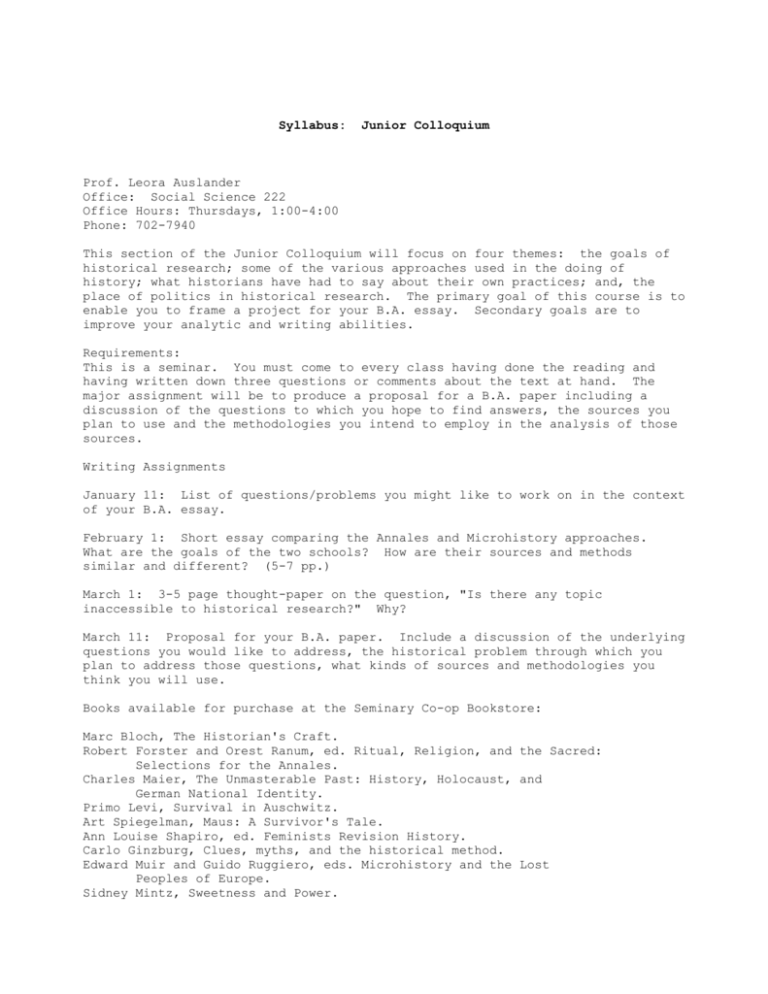
Syllabus: Junior Colloquium Prof. Leora Auslander Office: Social Science 222 Office Hours: Thursdays, 1:00-4:00 Phone: 702-7940 This section of the Junior Colloquium will focus on four themes: the goals of historical research; some of the various approaches used in the doing of history; what historians have had to say about their own practices; and, the place of politics in historical research. The primary goal of this course is to enable you to frame a project for your B.A. essay. Secondary goals are to improve your analytic and writing abilities. Requirements: This is a seminar. You must come to every class having done the reading and having written down three questions or comments about the text at hand. The major assignment will be to produce a proposal for a B.A. paper including a discussion of the questions to which you hope to find answers, the sources you plan to use and the methodologies you intend to employ in the analysis of those sources. Writing Assignments January 11: List of questions/problems you might like to work on in the context of your B.A. essay. February 1: Short essay comparing the Annales and Microhistory approaches. What are the goals of the two schools? How are their sources and methods similar and different? (5-7 pp.) March 1: 3-5 page thought-paper on the question, "Is there any topic inaccessible to historical research?" Why? March 11: Proposal for your B.A. paper. Include a discussion of the underlying questions you would like to address, the historical problem through which you plan to address those questions, what kinds of sources and methodologies you think you will use. Books available for purchase at the Seminary Co-op Bookstore: Marc Bloch, The Historian's Craft. Robert Forster and Orest Ranum, ed. Ritual, Religion, and the Sacred: Selections for the Annales. Charles Maier, The Unmasterable Past: History, Holocaust, and German National Identity. Primo Levi, Survival in Auschwitz. Art Spiegelman, Maus: A Survivor's Tale. Ann Louise Shapiro, ed. Feminists Revision History. Carlo Ginzburg, Clues, myths, and the historical method. Edward Muir and Guido Ruggiero, eds. Microhistory and the Lost Peoples of Europe. Sidney Mintz, Sweetness and Power. January 4: Introduction I. REFLECTING ON OBJECTS OF STUDY AND THEIR BOUNDARIES 1. The Annales School January 11: A founder's reflections on the doing of history Marc Bloch, The Historian's Craft January 18: The Annales approach in practice Robert Forster and Orest Ranum, Ritual, Religion, and the Sacred: from the Annales Selections 2. Micro-history January 25: A founder's reflections on the doing of history Carlo Ginzburg, Clues, myths, and the historical method February 1: The Micro-history approach in practice Edward Muir and Guido Ruggiero, Microhistory and the Lost Peoples of Europe 3. The big in the small February 8: Sugar and the world system Sidney Mintz, Sweetness and Power II. THE POLITICS OF HISTORICAL PRACTICE 4. Feminist Historiography February 15: Feminist Visions of History Ann Louise Shapiro, ed. Feminists Revision History February 22. Analysis of Primary sources, 1 Hannah Cullwick, The Diaries of Hannah Cullwick, Victorian Maidservant (xerox) 5. Writing the history of the unthinkable: March 1: The Holocaust The "Historians' Debate in Germany Charles Maier, The Unmasterable Past: History, Holocaust, and German National Identity March 8: Primary Sources or historical narratives? Primo Levi, Survival in Auschwitz Art Spiegelman, Maus: A Survivor's Tale
